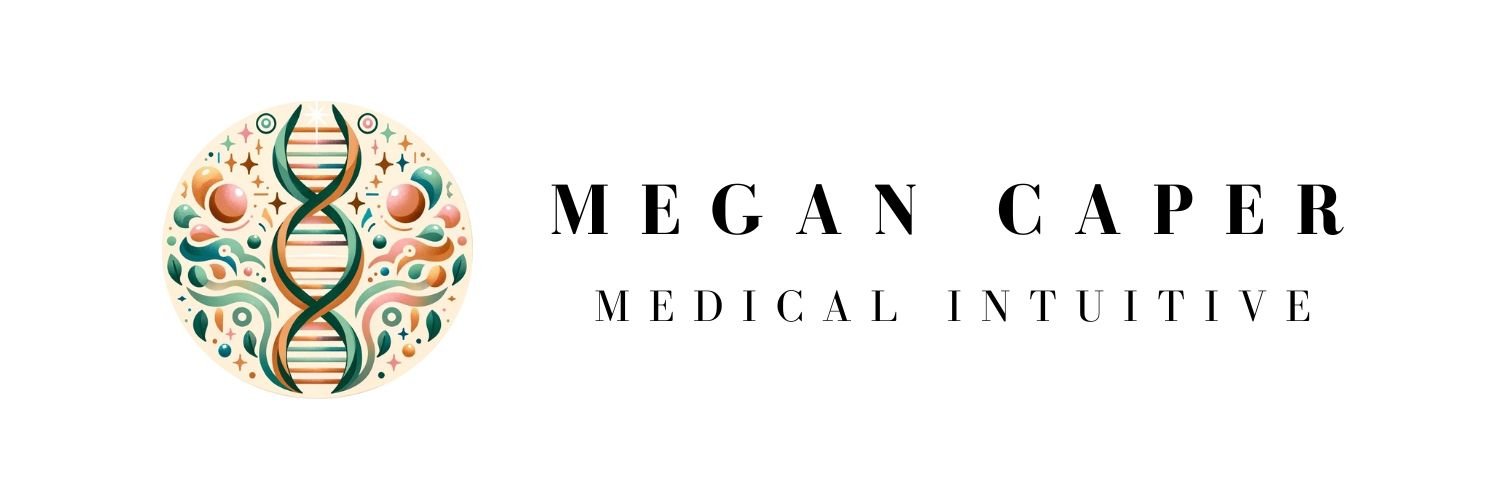Compassion is the first step
“Before we can be with one another we have to learn to grieve with one another” – Rabbi Zalman Schachter-Shalomi
I’ve been thinking a lot about this quote by Rabbi Zalman Schachter-Shalomi. At the time, he was speaking about the conflict between the Israelis and the Palestinians, but I’ve been thinking about it in terms of the fracturing in our Western society in the last few decades, the widening of the ideological divide and the vilification of those on the other end of the ideological spectrum that’s happening on both sides.
I’ve realized it’s not productive for me to go down the rabbit hole of thinking about all the ways the people I disagree with are wrong or incorrect. I could list myriad ways that I think pro-lifers are wrong or that gerrymandering is a calculated, racist effort to destroy democratic safeguards. You may or may not agree with me — I’m sure there are some of you out there who are just as certain of their differing opinions as I am of mine. The problem is, that type of thinking doesn’t get us any closer to understanding each other. In fact, it does the opposite and only makes me feel more entrenched in my “rightness.”
It’s not productive for me to ask what’s wrong with those who I disagree with, but it is helpful for me to ask what they are grieving.
What is it that makes them feel sad or outraged?
What is it that makes them feel misunderstood or dismissed?
What is it that is changing in their world that they’re not ready for, that feels like it’s being forced upon them with no way to stop it?
I know for me I feel sad and outraged by watching systems of oppression in action. I feel misunderstood and dismissed by daily misogynistic microaggressions. I am watching the world change from one that respects experts as sources of information to one that respects social media as sources of information and I feel like there’s nothing I can do about it, and that I don’t know how to stop it.
So you see, I am grieving. This is the substance of my grief.
And I also know that those with whom I vehemently disagree are grieving, too. They could answer all of those questions in ways that are just as meaningful to them as my answers are to me.
If we’re going to try to be with one another, if we’re going to try to find a way back to mutual understanding, we have to start with learning about each other’s grief.
This is the root of compassion. This is the root of understanding.
Now, I’m not suggesting that I should lose my opinions and give up my ethics. Quite the contrary, I’m not willing to compromise or acquiesce to things that, in my opinion, are morally wrong. But I am willing to ask of those who disagree with me —
How are you suffering?
What would make you feel more understood?
What are you unhappy with in your life that feels out of your control?
What are you grieving?
And I am willing to acknowledge that although I may not agree with the substance of it, their grief is just as valid as mine. I’m not the grief police, I don’t get to decide what’s worthy or not.
So, before we write someone off as “brainwashed by the other side” let’s understand what they are grieving, and then listen to them from a place of compassion and awareness, because one thing I know is that when people truly see the humanity in another being, they don’t wish that being to suffer, no matter how different they are from you and me.
Xo Megan








